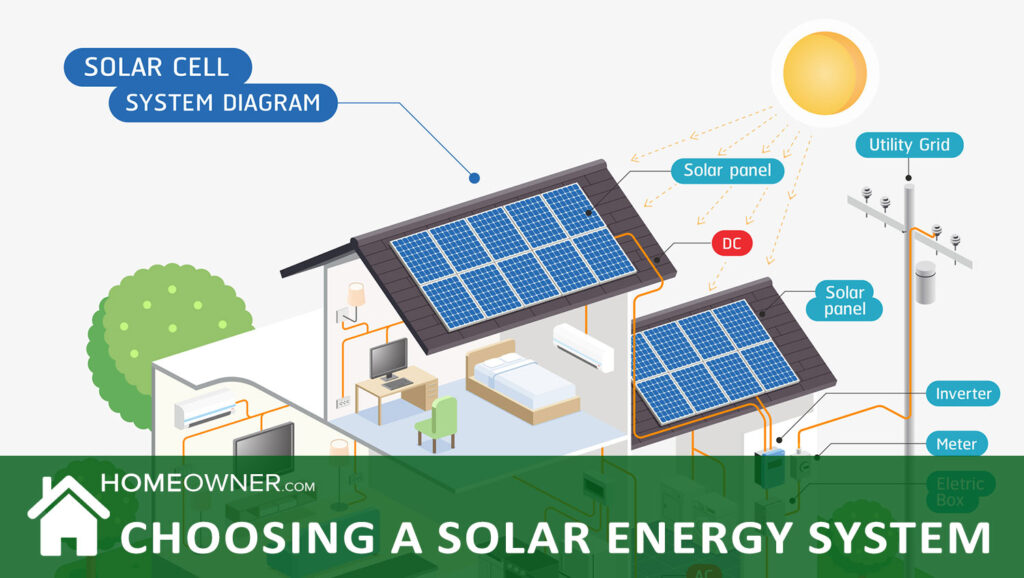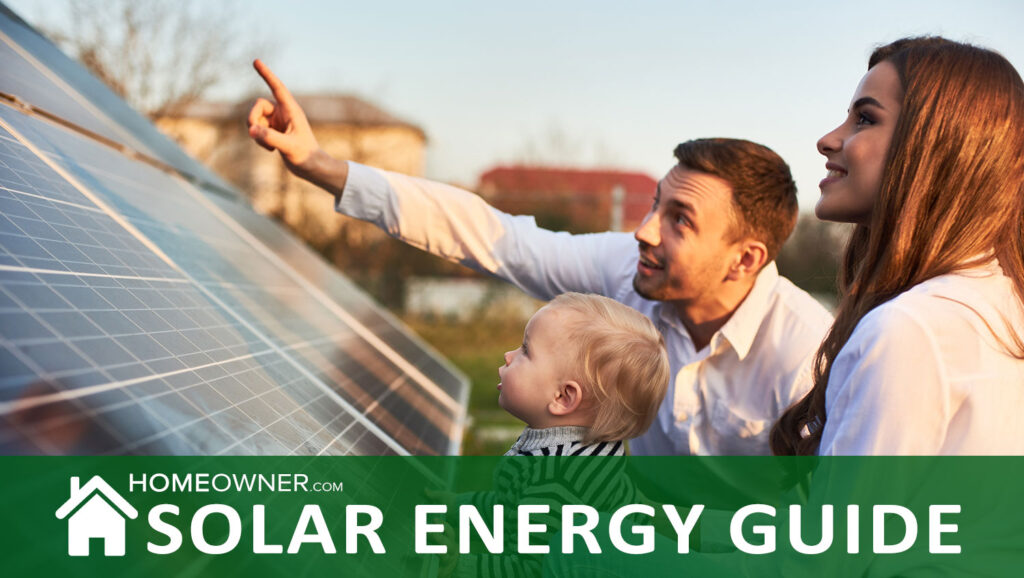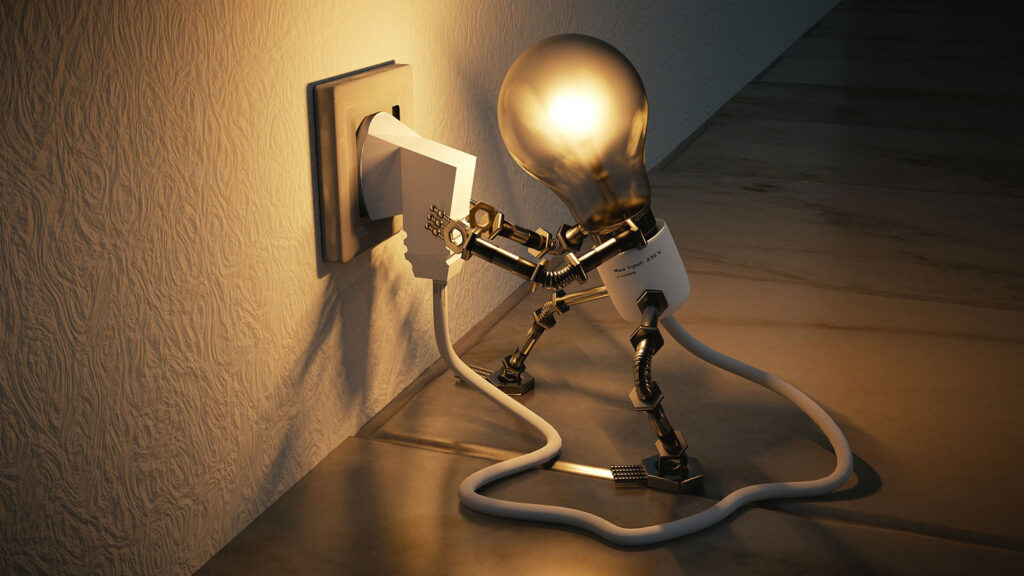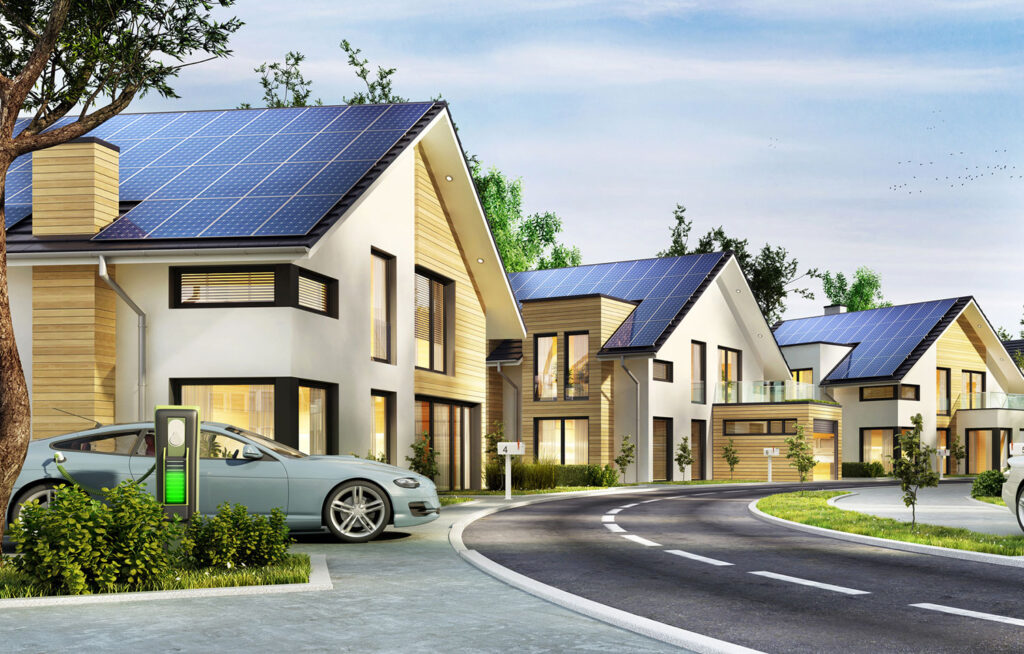In this post:
- How To Get Free Solar Panels
- Getting Free PV Panels From Solar Installers
- How To Get Solar Panels With Want Ads
- Solar Panels For Free From Traffic Sign Rental Contractors
- More Roof Space Required
- Repairing Damaged Free Solar Power Panels
- Buying Cheap Solar Panels
- Solar Energy for Low Income Groups
- Strategies for Low-Income Solar Programs
- Group Discount Programs
- Affordable Leases
- Community Solar Installations
- Low-Income solar programs and initiatives
- Recommendations
- By making renewable energy accessible to people of all income levels, RREAL is:
How to get solar panels for free and save big time on your photovoltaic project.
Imagine, one of the most expensive parts of your solar project, just disappearing. This is essentially what happens when you can get free or really cheap solar panels. Getting solar panels for free makes solar powering your home a lot more affordable and allows you to build a bigger, more powerful solar energy system for less.
Get A FREE Home Solar Quote Now
Ok, great! But how do you get free solar power panels?
How To Get Free Solar Panels
Getting free solar PV panels is a popular topic, and makes for a fun project during a no-spend challenge. More people than ever before are seeking out and finding free solar power panels consistently. Why do you think there are so many people on eBay selling groups of used solar panels so often?
Most of these people just got them for free from people and companies that were upgrading to newer solar modules.
See, free solar panels are out there. It’s inevitable. Very often, old or used solar panels end up in the trash, with many people even paying good money to have them hauled away and disposed of.
Believe me, almost all of these people would probably rather have you take them away for free than pay money to a trash or rubbish removal company for the same thing. If you’re really smooth, you could even end up getting paid to take way free PV panels.
Wow!
It’s just a matter of knowing how to find the people and companies that are upgrading to newer solar panels and asking for them.
Getting Free PV Panels From Solar Installers
One pretty easy and direct way of getting free solar power panels is to contact solar installers. If they think you’re a potential customer who may later use their services, they will generally be very cooperative and try to get you onto the whole solar thing, just so you can be dependent on their services later.
Anyway, without making this method too sneaky, ask the solar installer if they know of anybody who wants to get rid of their old solar panels and will let you take them away for free.
If you want to, you can even offer to help the installer remove them from the home, that’s free labor that the installer would normally have to pay someone for.
Odds are, if you do this a dozen times, you could end up with a good score of free photovoltaic panels, more than once.
If this was to happen, you would be able to eliminate a huge portion of the cost and expense of solar power in your home. Plus, you would also be able to build a bigger system that can harvest more power.
How To Get Solar Panels With Want Ads
Another way to get free PV panels that works for some people is to use want ads in newspapers (or on websites) that reach a wide audience of people who might have what you are looking for. Renewable energy newspapers, websites, or even “solar-themed” blogs and online forums are great for this. Consider inviting your neighbors to take part a fund raiser – many forums offer non profit event ideas that could lead to a donation of used solar panel.
In your ad (whether newspaper or online), say something like: “Free Solar Panel Removal”, or maybe something like: “We Remove and Recycle Old Solar Panels Free”.
You never know, with more and more people getting into solar power these days, you could get many interested people who want to take you up on this. You might end up with more free solar power panels than you can take.
Solar Panels For Free From Traffic Sign Rental Contractors
Many people also get solar panels that are damaged from highway equipment rental companies for free.
These sign rental contractors usually have some slightly cracked solar panels that got hit and damaged by vehicles on the road. When this happens, they have to declare them unsafe even though they still work and end up throwing them out / replacing them.
All you have to do to get solar panels for free is look for those blinking highway signs and get the telephone number off the sign itself. Then, call and ask the shop maintenance manager if they have any free damaged solar panels.
Sometimes, it helps to get your kids to call and say they are for a school project. Also, going to their location in person can bring better results as they see you are serious about taking them now.
You really can end up getting some expensive and powerful solar panels for free using this method. Some of the free solar panels reportedly obtained can cost up to $2400 and more! Although most of these panels will only output about 50% – 75% of their normal capacity, it’s still an outstanding value for free.
More Roof Space Required
One thing you should be aware of when using free PV panels is that due to the fact that some of these panels may not be producing at full capacity, you may require more roof space to make the same amount of power.
For example: If your 500 watt panel is only producing 250 watts, then you’ll need to use two of them (double the space) to get the same power.
Repairing Damaged Free Solar Power Panels
Sometimes the free solar power panels you end up with need some repair. Since solar panels don’t have many complicated moving parts, this is sometimes very easy to do.
Cracked solar panels can often be repaired by doing something as simple as applying some clear silicone to seal the cracks.
A simple soldering iron can repair broken connections in free PV panels and you can always use a multimeter to check their output, just to be sure they’re working.
Buying Cheap Solar Panels
If you don’t feel like doing all of the work involved in the methods for getting free solar panels listed above, you can opt to buy cheap solar panels from people who did use the above methods to get them and now want to make a small profit from them.
You can find these exceptional offers on websites such as ebay.com or craigslist.com, start a free account and buy as many cheap solar panels as you want.
Although this method involves you dishing out some of your own money, it also eliminates a lot of the hard work of getting free solar power panels. Since these people probably got their solar panels for free, they are usually more than happy to get rid of them for very cheap and you end up getting them for “practically” free.
One of the advantages of this approach is that, unlike free solar panels, the panels you get have usually already been tested and proven to work. You don’t have to end up with 47 useless solar panels in your garage. Always get a receipt for what you buy, just in case of foul play.
In essence, you are trading a little bit of money for the luxury of having a lot of the leg work done for you. That works for me.
Solar Energy for Low Income Groups
Historically, solar has largely been seen as a technology mostly used by hard core environmentalists and rich individuals. High solar installation costs, coupled with unclear policies, have put solar out of reach of the majority of people. But in recent years falling prices, tremendous development in solar technology, government incentives in the form of tax credits, and creative financial approaches have made solar accessible to a large portion of the population.
So, there is a critical need now to promote solar energy in the low income group as we cannot create a truly sustainable future by alienating some people from access to clean living techniques and renewable energy.
Melissa Giorgi, Environmental Ethics Fellow at the Markkula Center for Applied Ethics sums it up when she says. “If solar is to be a real contributor to a sustainable future, then innovation and investment must focus on improving equality rather than increasing divisions.”
According to the American Department of Health and Human Services, low income groups pay 9.2% more on their average electricity bill as compared to the average household. These communities are also more susceptible to the hardships resulting from extreme weather disasters and climate change due to their limited resources and lack of economic stability. Solar energy can tremendously help these disadvantaged communities by reducing their electricity bills, thereby improving their quality of life.
Strategies for Low-Income Solar Programs
Certain enterprising organizations have adopted different types of approaches to promote solar in low-to-moderate-income communities. These are group discount programs, affordable leases, and community solar installations.
Currently, homeownership and credit scores are the barriers that prevent low income communities from taking full advantage of the solar programs. Community solar installation programs have been designed to include tenants and property owners whose houses are not suitable for solar panels.
Group Discount Programs
In this program, community members form a group and make a bulk purchase to save on the total cost of going solar. This process can be structured in two ways. In the first approach, a group of house owners purchase the solar systems together and select a single contractor to install the solar system in each of their buildings, thereby saving on the cost. Each participant has his own contract with the installer and they own their system.
In the second approach, solar panels are bought directly from the manufacturer in bulk, and then participants complete the installations themselves by helping each other or giving the contract to the installer to install the panels.
These approaches provide economies of scale by enabling installers to install the panel for less, drive down the prices by increasing the competition, more bids due to the larger size of the project, and more negotiating power due to a larger project. This process also saves time as you do not have to navigate multiple bids and scenarios independently and can share work with group members.
Affordable Leases
Solar panels need a large upfront investment for outright purchase and installation. Many middle class families can afford this, given the long term energy saving, but it is difficult for low income communities to make a large upfront investment.
To overcome this problem, a solar leasing company called PosiGen, has developed its model in Louisiana, which is now expanding to New York and New England. PosiGen focuses on low-to-middle-income homeowners and takes a whole-home approach by including both renewable energy and energy efficiency.
The company offers a solar lease product with no credit checking and guarantees a certain percentage of energy savings. They negotiate with the bank on the client’s behalf to provide favorable leasing terms. PosiGen’s solar leasing receives special consideration from banks as banks are given points by their regulators for participating in community redevelopment projects.
PosiGen’s approach has had a very high success rate in Louisiana, where over 400 systems have been installed per month. PosiGen also leverages tax credits when they are available as the third party ownership model for low-income homeowners is creating tremendous opportunity.
Community Solar Installations
Homeownership is the primary requirement for installing solar panels. So, community solar offers an affordable alternative. It is ideal for low-income individuals who rent single-family and multi-family homes or tenants who want to reduce their electricity bills.
Community solar doesn’t require a personal solar installation and offers the residents the option of buying solar power that is produced by a large array of solar panels somewhere else. For this purpose, communities are building large solar arrays in former brownfields. In Lowell, Mass, a US solar array has even been planted on a former landfill.
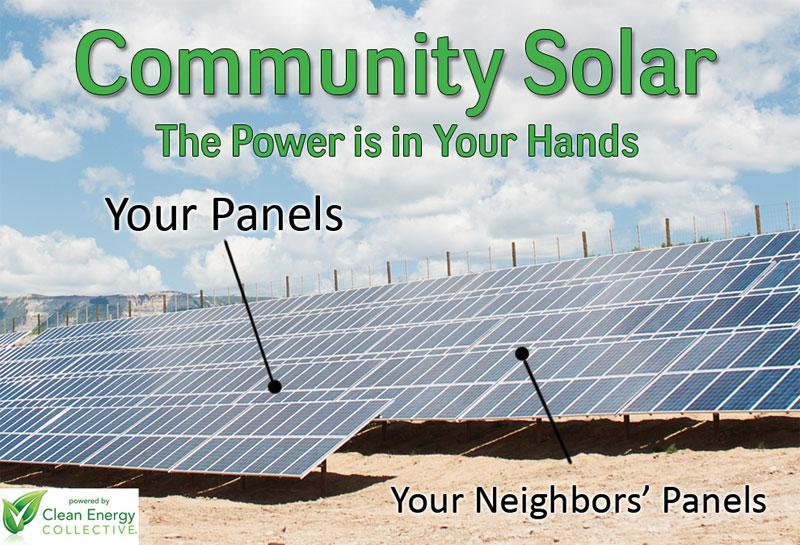
Ref – https://www.solarfeeds.com/
Low-Income solar programs and initiatives
There are a number of organizations that offer solar pilot programs and creating initiatives to make solar accessible for low-income consumers.
These organizations face many obstacles, such as high initial costs, poor or non-existent credit history of end users, and uncertain policy framework. There are also issues of splitting incentives between the tenants and the building owners who finance the solar installation.
Some popular organizations include:
Grid Alternatives is a non-profit solar installer in California, which installs solar electric systems exclusively for low-income homeowners, providing them with much needed energy savings, preparing workers for jobs in the fast-growing solar industry, and reducing carbon emissions.
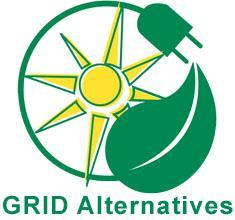
2) Renewable Energy and Electric Vehicle Association (REEVA)
REEVA is located in Fincastle, VA, and is a Do-It-Yourself club that helps members to do solar/wind installations and build electric vehicles at home. This initiative removes the labor cost thus reducing the cost of a project. They create jobs in rural communities by providing solar installation training and also installing solar systems on community buildings.

3) Solar Richmond
Solarize Richmond is a non-profit organization founded in 2006 in Richmond, California. It offers staffing services leading to temporary and permanent employment, free solar training, and green business ownership opportunities for low income and under-employed residents. They promote solar and inclusive green economic development in Richmond and the Bay Area and also serve as a solar and green-jobs advocate.
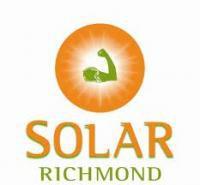
4) Citizen Energy
Citizens Energy is a non-profit in Imperial, CA, which installs solar systems on the homes of low-income groups of the electric utility Imperial Irrigation District (IID). Citizen Energy has co-develop the Sunrise Powerlink transmission line to provide additional power to the Imperial Valley in CA by partnering with San Diego Gas and Electric. Revenue received from the transmission line project is used to fund the low-income solar installations.
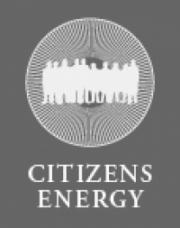
5) RREAL
Founded in 2000, RREAL has been pioneering the use of solar energy to address low-income fuel poverty throughout the Midwest.
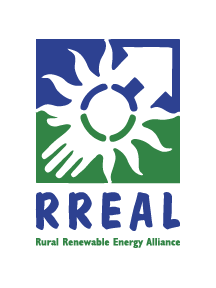
Recommendations
To promote solar energy in low income group, we should consider following:
1) Distributed solar generation should be encouraged by implementing policies that support the deployment of solar with energy storage at critical facilities that provide services to low-income communities.
2) Existing bond financing tools should be utilized to finance solar on public buildings and non-profit-owned facilities.
3) Public funding of solar PV in low-income communities should be integrated with workforce development funds and job training programs.
4) Bulk purchasing programs that combine a consumer purchasing co-op model with energy consumer education should be encouraged.
5) Enact state legislation that advances distributed solar generation benefiting low-income communities. It can also create an innovative public benefits fund to leverage private investment in renewable energy projects benefiting low-income communities.
The Power To Make a Difference
The Rural Renewable Energy Alliance (RREAL) is a 501c3 nonprofit organization dedicated to making solar energy accessible to communities of all income levels. Founded in 2000, RREAL has been pioneering the use of solar energy to address low-income fuel poverty throughout the Midwest.
RREAL accomplishes its mission primarily through our Solar Assistance program which provides residential solar energy systems to low-income families on public energy assistance as a lasting, clean and domestic solution to low-income fuel poverty.
A nationally unique solution, RREAL has provided more than 350 solar electric and solar thermal energy systems to low-income households at no cost in partnership with community action agencies, the State of Minnesota, Housing and Redevelopment Authority agencies, Habitat for Humanity affiliates, affordable housing providers and tribal communities.
Through RREALs most recent 2-year project completed in 2015, Project Standing Sun, 62 households were equipped with solar energy systems in 4 states, providing a total of 99kW of clean, reliable, affordable, and locally-produced solar power. This effort included 22 funders and partners, and work was also completed in three tribal communities.
By making renewable energy accessible to people of all income levels, RREAL is:
- Reducing poverty
- Strengthening our communities
- Improving the environment
- Fostering job growth
- Increasing the use of solar energy
- Advocating for clean energy
- Sharing education and outreach opportunities
The board of trustees of the McKnight Foundation recently awarded a grant to RREAL to be used to implement Community Solar for Community Action: A New Model of Energy Assistance. RREAL will plan and build the first Community Solar garden for Community Action in the nation and provide a transformative, broadly relevant model of a long-term, climate-appropriate solution to low-income energy assistance.
A new, paradigm-shifting model for low-income energy assistance, this project will assemble a coalition of stakeholders to implement a low-income community solar garden project in partnership with a rural community action agency in Minnesota.
This emerging community solar garden model provides opportunities for utility rate-payers of any income level to invest in solar energy by purchasing shares and rights to the energy production in a larger solar electric array sited elsewhere. For those who don’t own their residence or have a poor solar site, community solar is a great model for making solar energy more accessible and affordable to a much broader audience.
Community Solar for Community Action allows the energy assistance provider to own the means of production, control the costs, be insulated from political volatility in funding, and reduce carbon emissions while providing the service of energy assistance for decades rather than months! Rather than the carbon-intensive temporary solution that energy assistance is today, Community Solar for Community Action is a practical, economically wise, lasting, and climate-appropriate solution.
RREAL has also broadened its range of services by creating Skip the Grid, an international initiative focused on bringing solar power to health care systems and other critical infrastructure in West Africa. Most clinics and many hospitals around the world are off the grid, relying on generators where fuel is difficult and costly to deliver. Hospitals often must shut down their power system for periods of time to conserve fuel. Vaccines are jeopardized and operations become riskier with intermittent or no power.
Without consistent and reliable power, rural communities face an uphill battle in managing very real health challenges. PV microgrids represent a sustainable, long-term solution that would free up capital for direct health care initiatives, as well as mitigate numerous untold environmental, social, and health costs.
The Women of the Evangelical Lutheran Church of America have partnered with the Rural Renewable Energy Alliance (RREAL) to propose the construction of a photovoltaic solar array to serve the energy needs of Phebe Hospital. By investing funds in a photovoltaic microgrid, Phebe Hospital and its staff will not only be empowered to achieve self-reliance through solar power, but serve as a powerful model for rebuilding critical infrastructure in a resilient manner.
RREAL | 2330 Dancing Wind Rd. SW, Suite 2 | Pine River, MN | 56474 | 218.587.4753 | www.rreal.org


